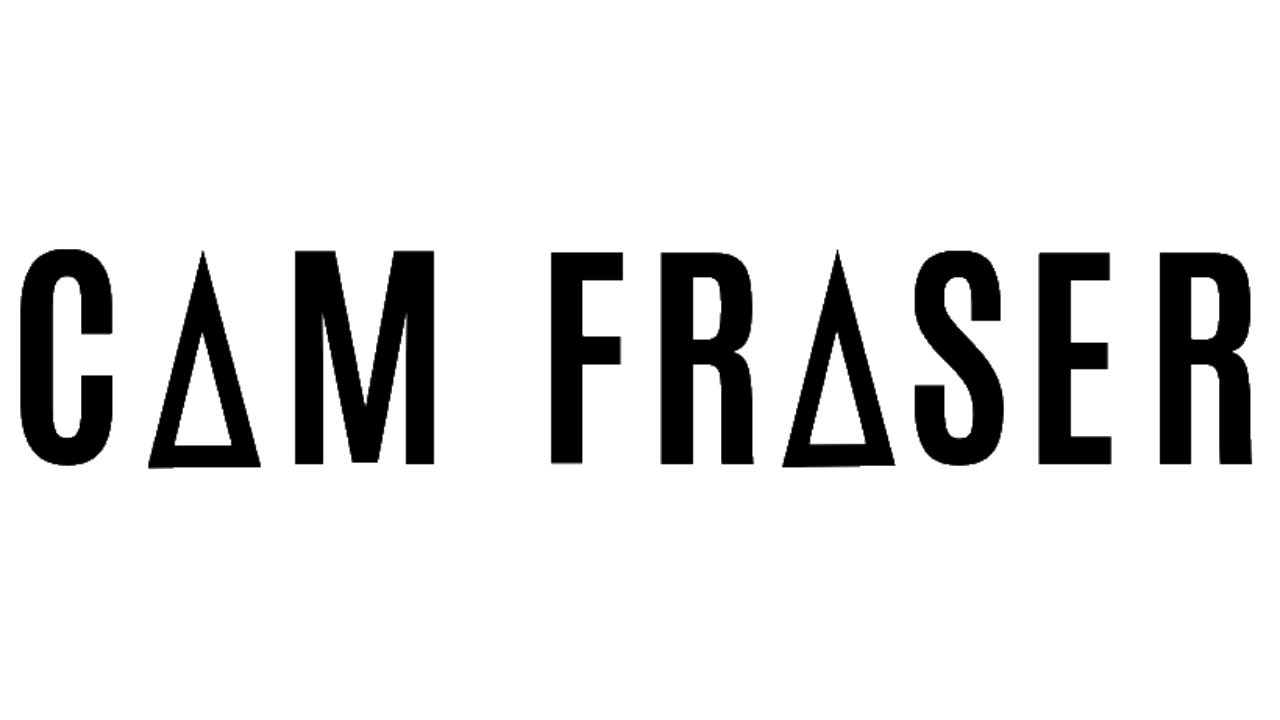As a Sex Coach, I’ve observed something interesting when working with male clients. Many of them come to me self-diagnosing with premature ejaculation or erectile dysfunction, which are, in fact, clinical diagnoses you can find in the Diagnostic and Statistical Manual of Mental Disorders.
However, when I work with them, I often find that many of these clients don't actually meet the clinical criterion for these dysfunctions. This has led me to question the reasons why it is so common for men to inaccurately label themselves as having a sexual dysfunction.
Now, I understand that we unfortunately do not have a lot of language to describe our sexual concerns. When it comes to sex, we often rely on euphemisms, slang, or even silence, which can make it challenging to articulate our experiences accurately. We get shitty sex education and aren’t taught how to talk about sex.
As such, I am not surprised that many men may turn to self-diagnosis as a way of making sense of their sexual difficulties. However, I believe that this can sometimes be unhelpful, especially if the self-diagnosis is inaccurate.
The danger of self-diagnosis is that it can lead to unnecessary anxiety, shame, and stigma. For example, a man who thinks he has premature ejaculation when, in fact, he simply ejaculates quicker than he would like, may feel like he is broken and needs to be fixed.
Similarly, a man who thinks he has erectile dysfunction when he simply experiences occasional difficulty getting or maintaining an erection may feel like his manhood is under threat. This kind of self-diagnosis can create unnecessary pressure and may even exacerbate the problem.
This is why I encourage my clients to acknowledge the power of the stories they tell themselves. The language we use to describe our sexual experiences matters. If we label our sexual concerns as "dysfunctions," we may inadvertently pathologize what is actually a normal variation in sexual response.
Instead, I invite my clients to think of their sexual concerns as difficulties, not dysfunctions. For example, instead of premature ejaculation, we can reframe it as ejaculating before you want to. Instead of erectile dysfunction, we can reframe it as erectile disappointment.
By reframing the language we use to describe our sexual experiences, we can reduce the stigma and shame associated with sexual difficulties. We can also open up space for a more nuanced conversation about sexuality, one that acknowledges the diversity of sexual experiences and responses. When we acknowledge the power of language, we can begin to challenge the cultural narratives that surround sex and masculinity, and create a more sex-positive world.
So, I invite you to consider what stories you tell yourself about your sexual experiences. Are there any words or labels that you have been using that might not accurately reflect your experience? Are there any reframes that might be more accurate or helpful? By taking the time to reflect on our language and our stories, we can gain a deeper understanding of our sexual selves and cultivate a more pleasurable and fulfilling sex life.

